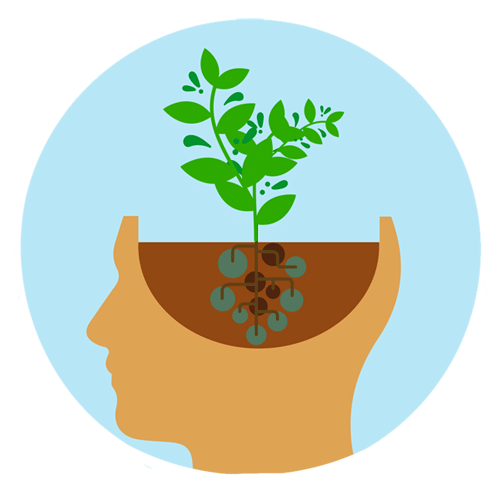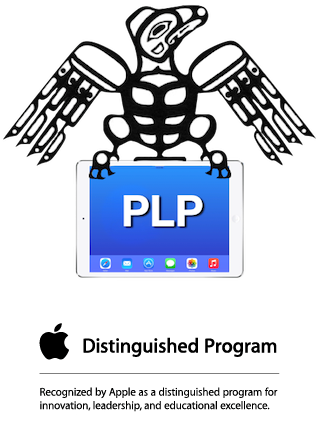First let me begin by saying thank you all for joining me for this transitional period of learning presentation.

When I read the driving question for this TPOL: “Why do you feel you are ready to advance to the next grade level?”, I initially thought: “I’m ready for the next grade level because I’ve finished this grade level.” But then I went deeper and thought about the real reason I’m ready to move on.
I am ready to move to the next level, not only because I’ve spent a lot of time in the PLP program and worked hard on the work I’ve done, it’s because I’ve become more in tune with what PLP is really about: developing a growth mindset.

To explain this, I won’t just be sharing information with you around my best work. I’m going to show you projects that I learnt from, projects that helped me further develop my critical thinking skills, become a deeper learner as a student, and strengthen my collaborative working skills.

Developing my Critical Thinking Skills
In my opinion, critical thinking is one of the most important skills to have. It is the skill of being able to objectively analyze and evaluate information and issues in order to form judgment and take action. If you have this skill, you will be able to deal with most things in life.
One of the greatest examples of how I applied my critical thinking skills is the math algebra tiles game that I created with Alex. This was a great game we created, with a users manual, that helped to teach algebra and make it fun to learn.
Of course no project is perfect, and this project was no exception. I feel like me and my partner Alex were really motivated throughout this project however we did let our excitement cloud our ability ( a little) to remember what was really important about this project: integrating the algebra tiles. We spent a lot of time on designing the game and writing it up but could have spent maybe a bit more time testing it with the tiles.

Not only did this project teach me about critical thinking (the project made us ask ourselves “why aren’t kids enjoying algebra?” and then, using critical thinking skills, we worked to address the issue and create an answer to that question) but it also helped me to get better control of a problem I’ve been working on since grade 8:keeping the GOAL of the project in my sites, all the way through the project.
Deepening my Learning
One of PLP’s most appealing factors is the promise of deeper learning. However, deeper learning isn’t something that just happens, its a mindset and approach to learning that you have to embrace and practise.
An example of a project that shows high quality work and deeper learning would be my World War Two Website.

In this project I learnt that it’s possible to relate any project to something that you find interesting using deeper learning. For instance, I was never very interested in the political side of world war two. However, I was interested in the rifles and soldier training. Luckily I used deeper learning to help me see the connection between the two. When I learned about the lend leases between Russia and the USA, I learned that these were agreements between two countries that allowed them to share resources, specifically weapons and vehicles. This helped me bring together an important learning about WWII and something I was very interested in – as a result, I was more interested in the subject and my learning about this subject ended up being deeper.

This project showed me that using deeper learning helps you get motivated in learning by diving deeper into the topic to find something that interests you, then thinking about the topic from the perspective of the thing that really interests you and learning more about it.
Collaboration and Revision
The last piece of evidence I want to share would be Destination Imagination. Destination Imagination actually brings together two examples of what PLP is really about: collaboration and revision.
A huge part of being successful in PLP (and life in general) is learning how to practise really good teamwork.

When I first came into PLP, I had a bit of trouble making sure I was not overly controlling in a group project. I would be like this because I was worried that the project would not get done on time or would not be done well.
It’s been through my participation in Destination Imagination, over the past three years, that I have learned how to develop my team work skills. Instead of having one person control most of the project – I learned that the project is always better, over all, when me and my team worked hard to make sure everybody’s ideas where heard and incorporated.’

Revision played a key role in our DI participation. This can be seen by comparing my team’s regional presentations with our provincial presentations. Though the provincial example was a little different than the regional example (because we had to make revisions to accommodate the fact several of out team members were absent) it was a lot more polished compared to the regional one and this is because we continued to refine our DI project. The more we explored it and learned about it over the time between regionals and provincials, the better it became.
Now, I still have many CHALLENGES That I need to work on next year such as developing my revision skills and staying on task at home and in school. I’m also going to work hard to find connections between my PLP work and the things about it that interest me most and explore them – go deeper.
However, I have already started to put some things into place to be ready for the next year. I have taken steps to confirm some parts of my timetable (like music because I am in two bands at school) so I can work in enough time to get homework done. I have also lined up a tutor to help with math (so that I don’t fall behind and other courses suffer because I have to focus on it more than other subjects).
I also plan to make sure that when fall 2018 comes, I will come to grade 11 PLP ready work and do a great job.


